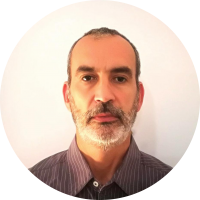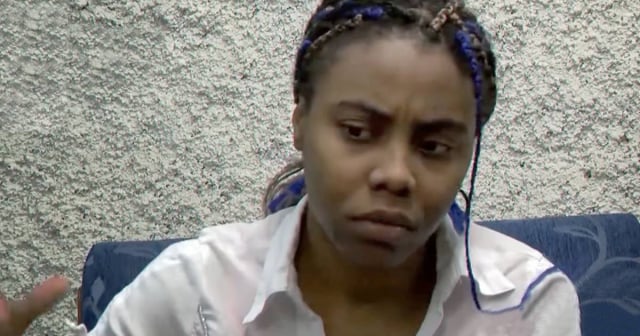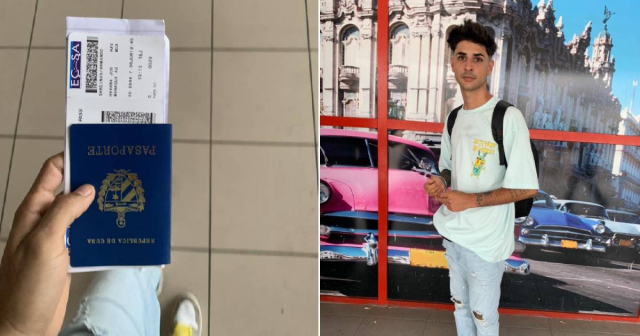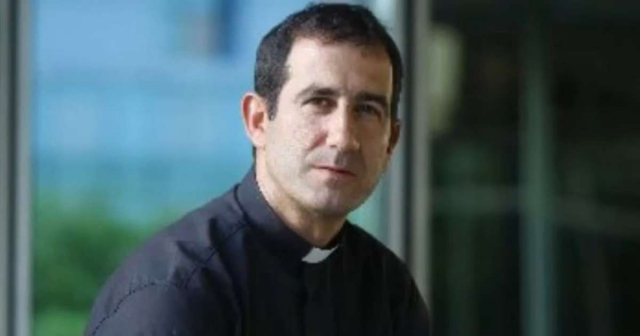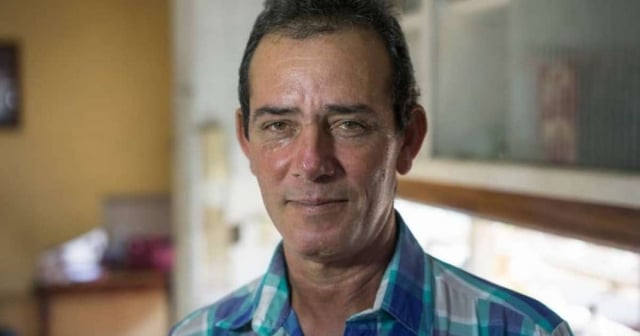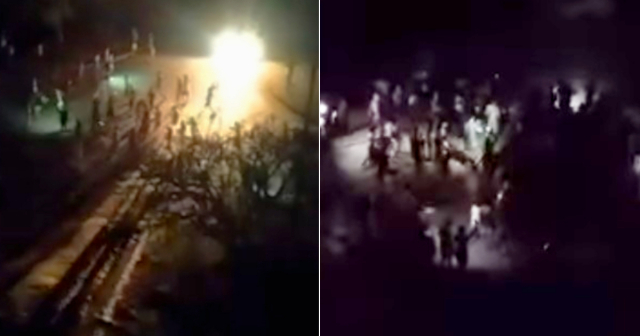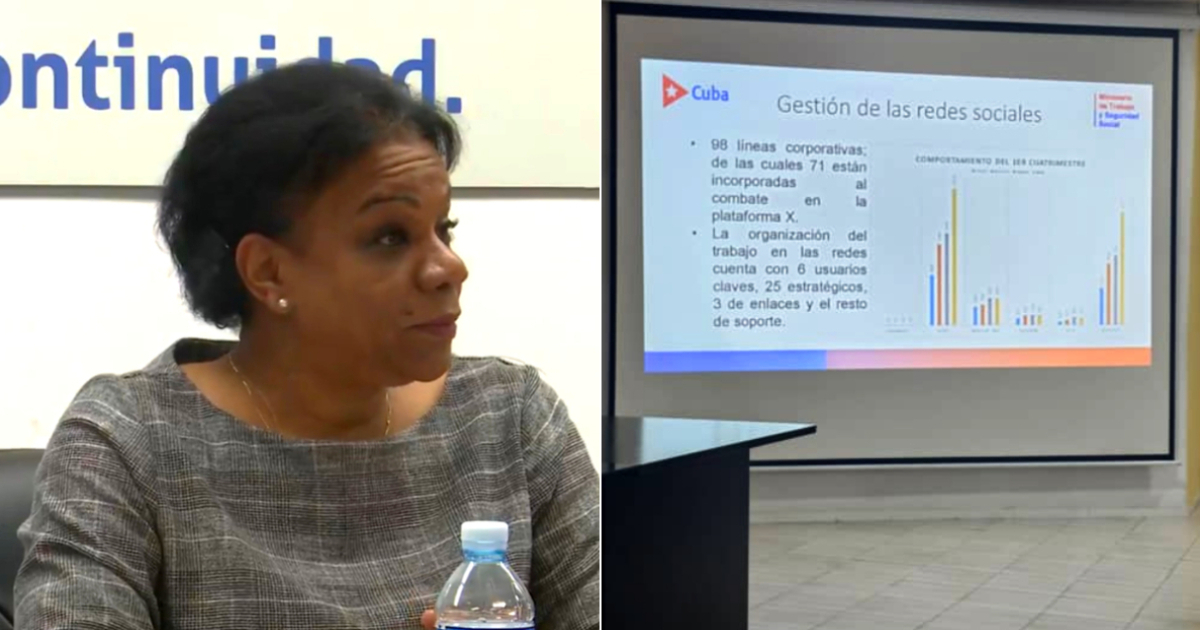
The Cuban Vice Prime Minister, Inés María Chapman Waugh, posted a tweet (later deleted) in which she accidentally revealed part of the regime's strategy for the so-called "confrontation on social networks."
Concerned about the impact of social media on the public opinion of Cubans and the increasing discredit of official media and messages among the population, the Cuban totalitarian regime is desperately trying to regain lost ground in the "information battle" against the "haters" (activists and civil society in general).
In that sense, the National Assembly of People's Power (ANPP) approved at the end of May last year Law 162/2023 "On Social Communication," which came into effect on June 5 after being published in the Official Gazette of Cuba.
As a result of this novelty in the legal landscape, which seeks to "regulate and organize the System of Social Communication" in Cuba, the Institute of Information and Social Communication (ICS) held a press conference in which "aspects of the Law and its complementary regulations were detailed."
And here is where the Vice Prime Minister of Cuba and member of the Central Committee of the Communist Party of Cuba (PCC) comes into play, who was present at the press conference organized by the ICS (formerly ICRT), as she announced through her social media.
But... oh, social media! Chapman Waugh decided to share photographs of the event in his post, and in one of them, users noticed some information that caught their attention.
"At the ICS, there was an exchange with managers from various agencies of the Central State Administration on Social Communication in all its aspects. The three pillars of government management: ICT, digital transformation, and Social Communication for development," said the Vice-Prime Minister on her X account (formerly Twitter).
However, one of the photos from the event shared by the leader showed an ICS official explaining a slide projected on a screen with the title "Social Media Management."
The text on the slide indicated that for "social media management," the ICS has "98 corporate lines: of which 71 are integrated into the fight on platform X."
Additionally, he pointed out that "the organization of work within the networks involves 6 key users, 25 strategic users, 3 intermediaries, and the rest in supporting roles."
Not even half an hour had passed since Chapman Waugh's tweet was published when the user Camagüey detected the information contained in the photograph shared by the vice prime minister of the Cuban regime. The screenshot was a giveaway.
"Inesita la inepta shows us how the work of the cyberclarias in the networks is organized by the Castro government," Camagüey pointed out in its publication, in which it shared Chapman Waugh's tweet and an enlargement of their shared photograph, in which the text on the slide was readable.
Immediately, the leader's blunder spread across social media. And immediately (less than an hour after it was discovered), Cuba's Vice Prime Minister deleted her post. "They sent Inesita the Inept to delete the post!" Camagüey said in another tweet.
But it was already too late: social media and the Cuban civil society had already captured and interpreted the image, reaching the conclusion that the ICS slide exposed part of the regime's "confrontation" strategy on social media.
"Oh no! Minister Inés María Chapman lost confidential information about the spontaneity with which they act... He says they have 98 corporate lines, of which 71 are incorporated to spread spontaneous propaganda, called 'combat'... 6 key users, 25 strategic...," warned the user identified on Facebook as Edmundo Dantés Junior.
And like him, many others echoed the blunder of the minister that revealed the strategy of the totalitarian regime to counter messages contrary to its interests through bots, cyber-warriors (known as cyberclarias), and other accounts in service of the propaganda of the "continuity" supposedly led by ruler Miguel Diaz-Canel.
This is not the first time for Inés María.
This is not the first time that Inés María Chapman Waugh has made a problematic slip in her handling of social media.
In mid-August 2021, in the midst of the peak of the coronavirus pandemic and with the country's hospitals overwhelmed by the number of patients, the Cuban Vice Prime Minister deleted a tweet in which she posted images of the isolation center where she and her son spent Covid-19, which sparked outrage among social media users.
Messages of gratitude arrive for the doctors: after 8 days of isolation and fighting against Covid-19, my son and I have tested negative and are back home. Many thanks to the medical staff, nurses, and paramedics at the Raúl Tamayo Isolation Center in Holguín, posted the Cuban regime official, along with two photographs.
However, the conditions of that facility contrasted with those intended for the population of the country, where there were no medicines, comforts, or comfortable bathrooms, as denounced by internet users.
In one of the photographs, a private room with two beds and a properly equipped bathroom could be seen in the isolation center where the Vice Prime Minister and her son spent their quarantine in Holguin. It also showed the staff cleaning the bedroom, decorated with paintings and even equipped with a television set.
Despite having deleted the post in a belated attempt to hide the privileges enjoyed by the high-ranking officials in Cuba, the top hashtag in the responses to the tweet exposed the discontent of the Cubans and the disapproval that the post generated.
Several internet users took a screenshot of the tweet and shared complaints on social media, once again criticizing the lives of Cuban leaders and their lack of empathy towards the population's suffering. Chapman Wauhg's tweet had even received a like from Diaz-Canel.
Law of Social Communication: An instrument of censorship by the Cuban regime.
Law 162/2023 "On Social Communication" was designed, among other adaptations of "continuity," to silence dissenting voices and control the public narrative in Cuba.
One of its fundamental principles or main axes is aimed at prohibiting the dissemination in traditional media and in cyberspace of information that could destabilize the "socialist State."
Only the media linked to the government, the PCC, and mass organizations have legality in the country. This strict control of information goes against the principles of freedom of the press and expression, essential in a democratic society.
The Constitution in Cuba states that the media is of socialist ownership and cannot be of any other type. This provision, along with the new law, ensures that any independent media outlet that tries to operate in the country will be automatically illegal.
The activists and independent journalists, who have been targeted by programs such as Hacemos Cuba and "Con Filo", see in this law another tool of the government to silence any form of criticism of the State.
The law also specifies that content cannot be used to subvert the constitutional order or to sustain communicational aggressions against the government. The provisions are vague enough to justify the censorship of any content that the regime deems inappropriate.
Allowing commercial advertising and sponsorship in the media may seem like an opening, but it is conditioned by state approval, ensuring that revenue does not come from sources that the government considers subversive.
Although presented as a modernization of the regulatory framework, Cuba's Social Communication Law is actually another tool for the regime to maintain its absolute control over information and to suppress any dissenting voice with greater strength and speed.
What do you think?
COMMENTFiled under:
